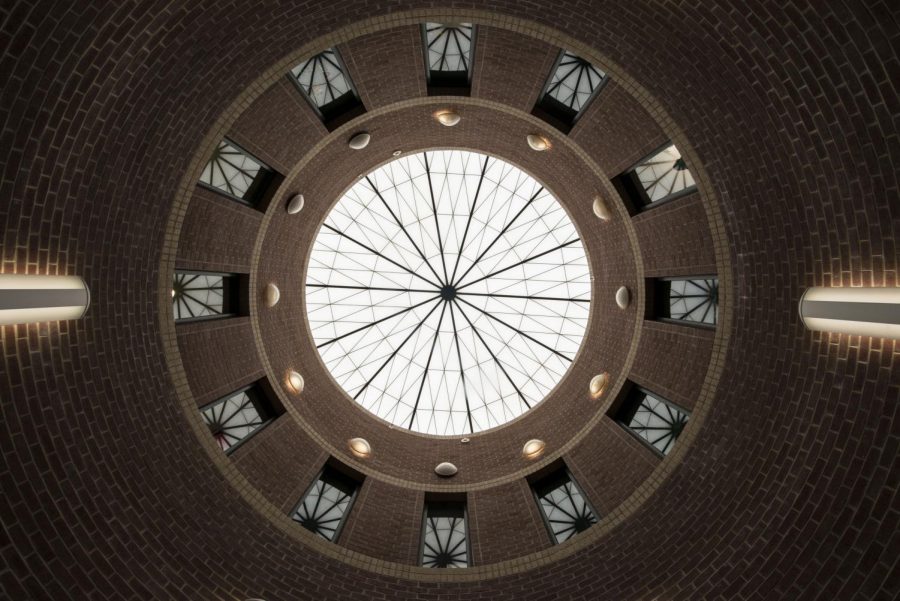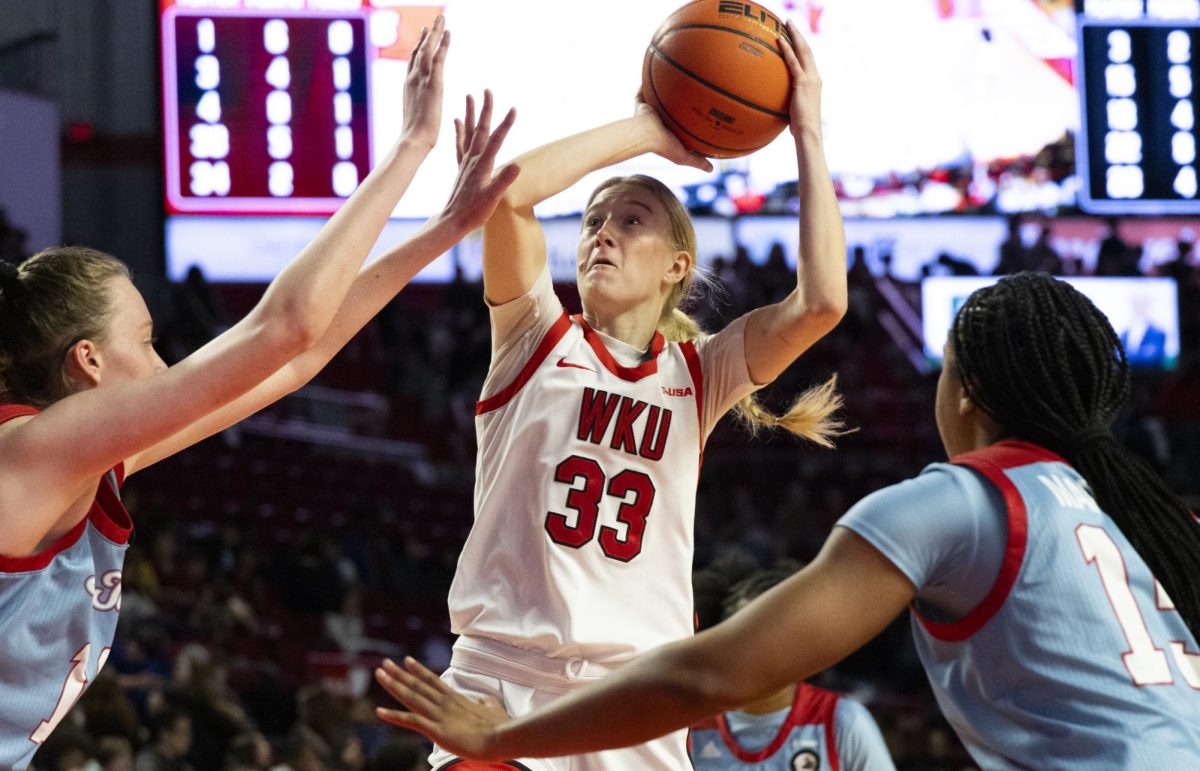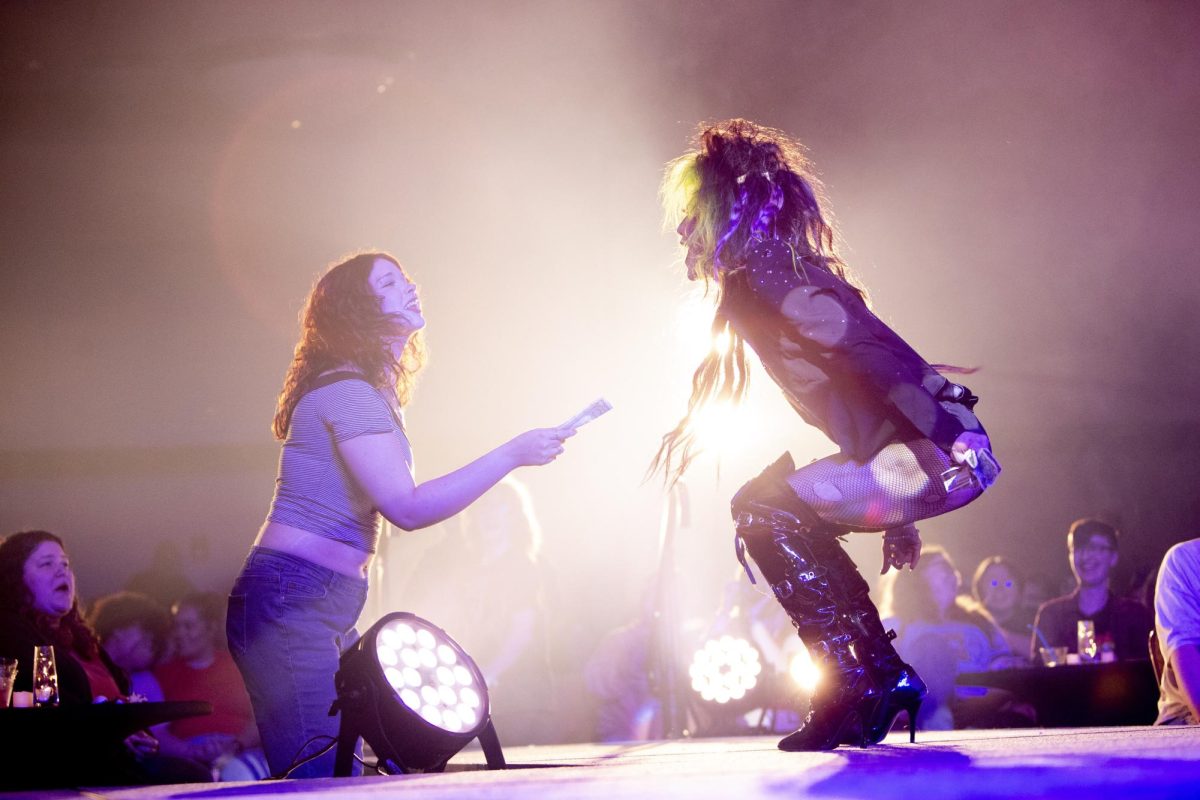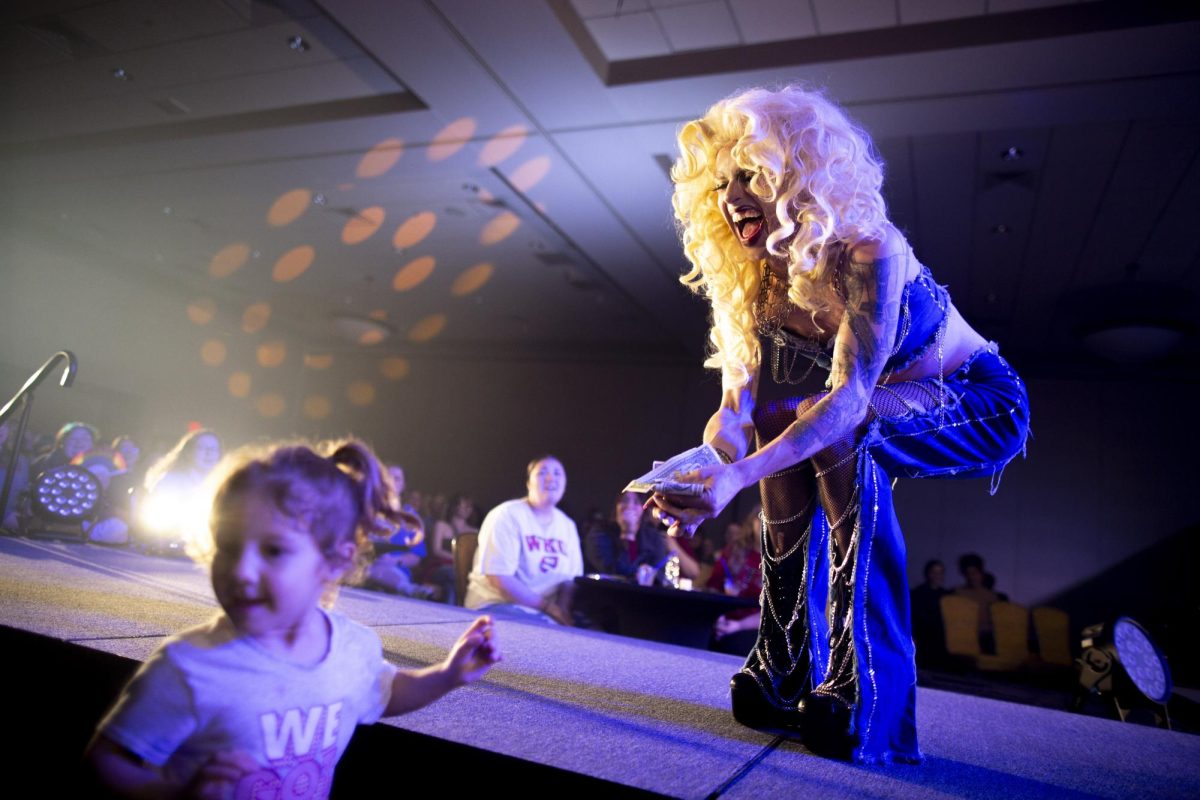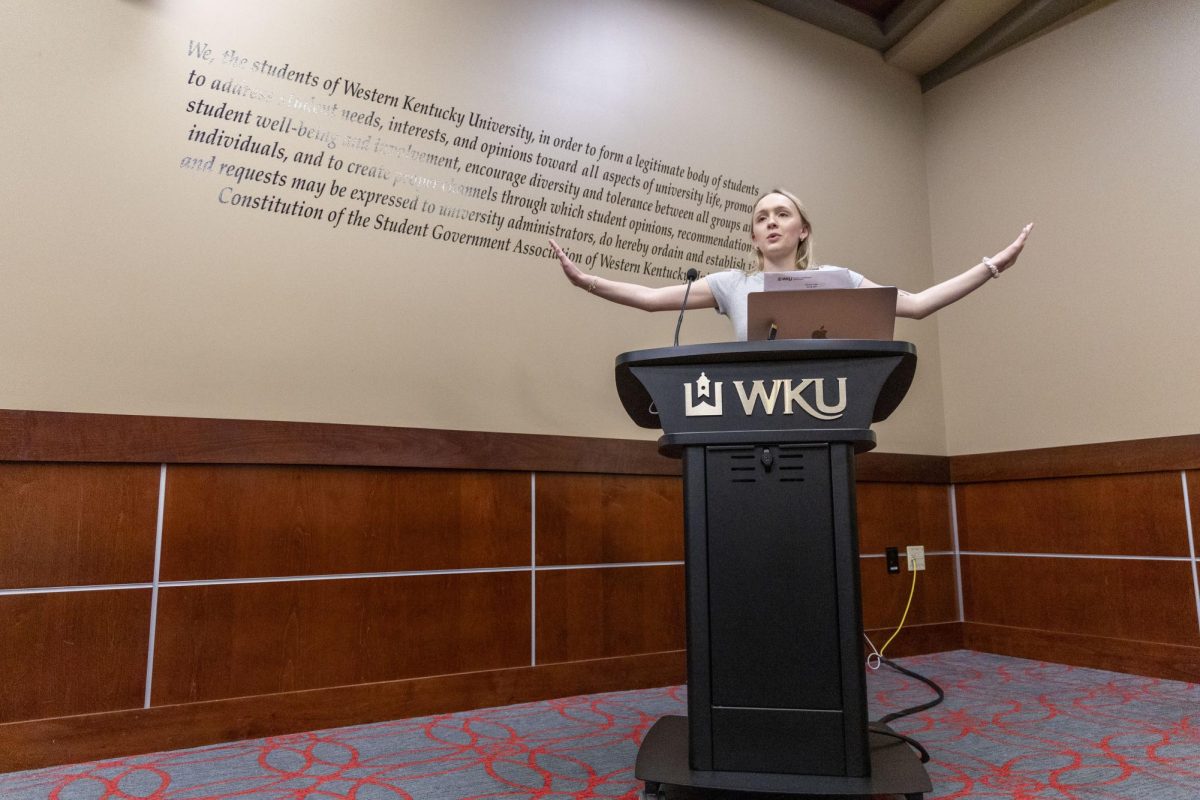WKU Glasgow opens doors for regional students
March 24, 2015
Bill Walter, vice regional chancellor at WKU’s Glasgow campus, sat behind the campus’ conference room table. As he flipped through his students’ stories—the students of WKU Glasgow—a grin appeared on his face.
“There are so many people out here that come to this campus— so many stories,” Walter said.“It’s just so inspirational to think of the struggles, the challenges, some of these students overcome.”
WKU Glasgow, first founded in 1988, is one of three WKU regional campuses. Each campus has its own heart, its own life and its own students.
Sally Ray, regional chancellor at WKU Glasgow, said she takes great pride in the campus.
“Our primary mission is to provide access to folks in our service area who, for whatever reason, are not able to come to the Bowling Green campus,” Ray said. “It’s also to provide outreach for economic development in our region.”
In 2013, WKU Glasgow celebrated its 25th anniversary.
What began in a few spare classrooms in the Glasgow community has evolved into a campus of more than 3,000 students from around the region, according to an article published in the Glasgow Daily Times.
As of the spring 2015 semester, elementary education and nursing are among the top programs offered onsite, according to Crystal Walker, an academic advisor for the campus.
WKU Glasgow, like other WKU campuses, consists of a mixture of both nontraditional, those who are 25 years or older, and traditional students.
“Ten years ago, we were about 75 percent nontraditional…” said Phyllis Reed, the lead academic advisor for the campus. “That’s not the case anymore. Over two-thirds of our students now are traditional 18-year-olds out of high school. However, some of those 18-year-olds are working full-time jobs.”
The definitions of traditional and nontraditional are shifting, according to Ray.
“I used to think that traditional and nontraditional were separated and distinguished by age,” Ray said. “But what I’ve learned is that you can be 18 and be nontraditional. For example, a young mother who at 18 is able to continue her postsecondary education on Glasgow campus and continue to raise her child. Or it is the young person who is employed in his or her local community and that’s how he or she is paying tuition.”
Students look at attending WKU Glasgow for a variety of reasons that range from location, cost and scheduling. Many students are working full-time jobs or raising families in addition to going to classes, Reed said. The schedule’s block is designed to accommodate those needs.
Julie Crimmins, a 38-year-old mother of four children, has been working towards her degree in interdisciplinary early childhood education primarily at WKU Glasgow.
“I have four kids and they’d all gotten into school, so I figured it was my time,” Crimmins said. “I couldn’t afford to drive back and forth to Bowling Green everyday, so that’s how I ended up coming to Glasgow’s campus.”
Because classes on the regional campus are smaller— typically 30 to 40 students— professors and students tend to be well acquainted with one another, according to Walker.
“It’s a challenge when you have to go home and cook supper and get homework done,” Crimmins said. “It’s a challenge with a family, but my professors have been understanding. If my kids are sick, they understand if I need an extension.”
Walker said she experienced a similar experience during her time as a student at WKU Glasgow.
“Students feel like they’re part of a family,” she said. “I felt like a part of something [as a student]. I had a child when I was going to school, and there is no way I could’ve gone to main campus and still gotten my degree.”
Other students, like Kelsey O’Leary and Chelsey Peden, also said they have enjoyed their respective experiences at WKU Glasgow.
Peden, an elementary education major from Barren County, said she appreciates how connected the students and faculty members are.
“Your professors remember you after you’ve had class and ask you how things are going,” Peden said. “I’ve had a really good experience on my end and I’ve honestly not heard of anyone having a bad one.”
O’Leary, a sophomore from Metcalfe County and a student worker in the advising office, spent her spring break on a study away program for WKU Glasgow students that visited various locations across Kentucky, called the Kentucky Experience Trip.
“Even though WKU Glasgow is small, they have a lot to offer…” O’Leary said.
In addition to the study away program, the campus provides extracurricular opportunities for students, Walker said.
“We have the sociology club, the psychology club, the Highlanders— different things like that,” Walker said.
Additionally, WKU Glasgow is introducing a new Military Support Student Services program to the campus in the fall, not unlike the one currently on main campus. Tonya Archey, the director of the program, is leading the initiative, Walter said.
“The Barren County region has so many veterans in our area,” Ray said. “This is our opportunity to, in some ways, pay them back for their great service.”
The campus also has a partnership with Southcentral Kentucky Community and Technical College.
Near the conclusion of students’ time at WKU Glasgow, they are able to participate in the Graduand Ceremony at the Glasgow Plaza Theatre.
The term “graduand,” coined by Provost Gordon Emslie, is defined as “one about to graduate,” according to John Roberts, the coordinator of student affairs in Glasgow.
“It’s not commencement, but it’s recognizing that you’re almost there,” Ray said. She said she first conceptualized the event as a way of bringing the graduation celebration into the Glasgow community.
The event serves as a celebration to spotlight and recognize the students’ accomplishments, Roberts said.
“This is the first experience some of [the students’] families have ever had at an event like this,” Walter said. “It’s about inviting them in.”
Walter said he enjoys seeing the students pride upon walking across the stage.
“You can just see [the students] grit their teeth, like ‘I made it,’” he said.
At the final commencement ceremony in Diddle Arena, Glasgow graduates each walk the line with an official tartan stole— made in Glasgow, Scotland.
“It really creates a sense of identity for those students,” Ray said.

